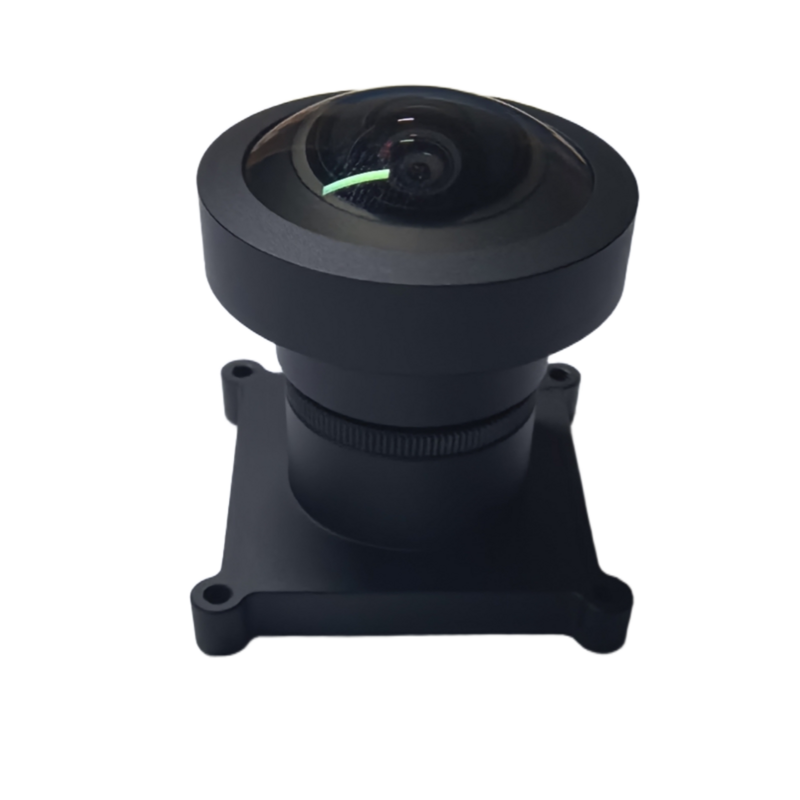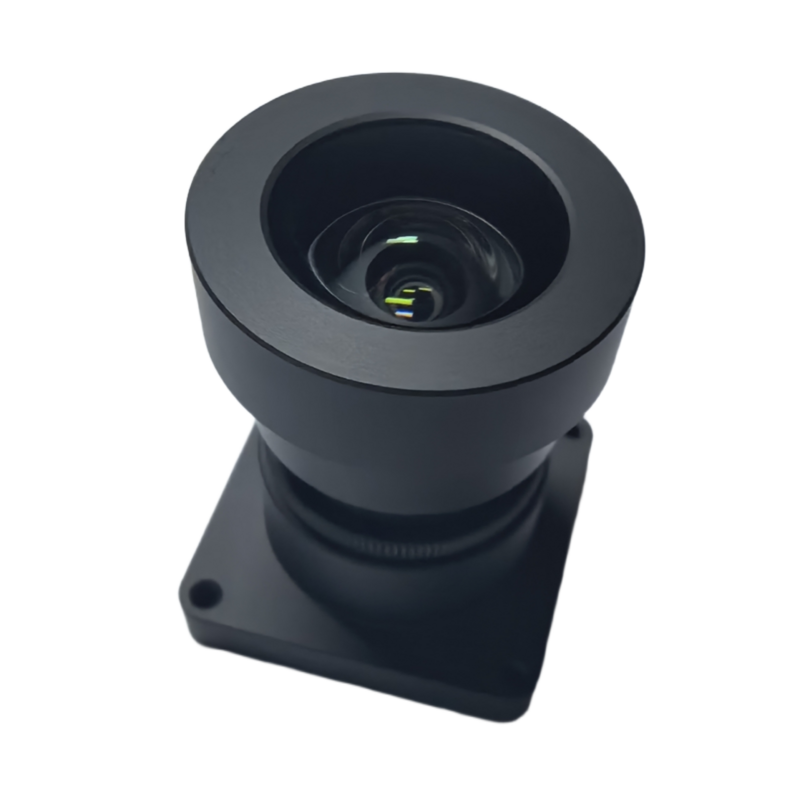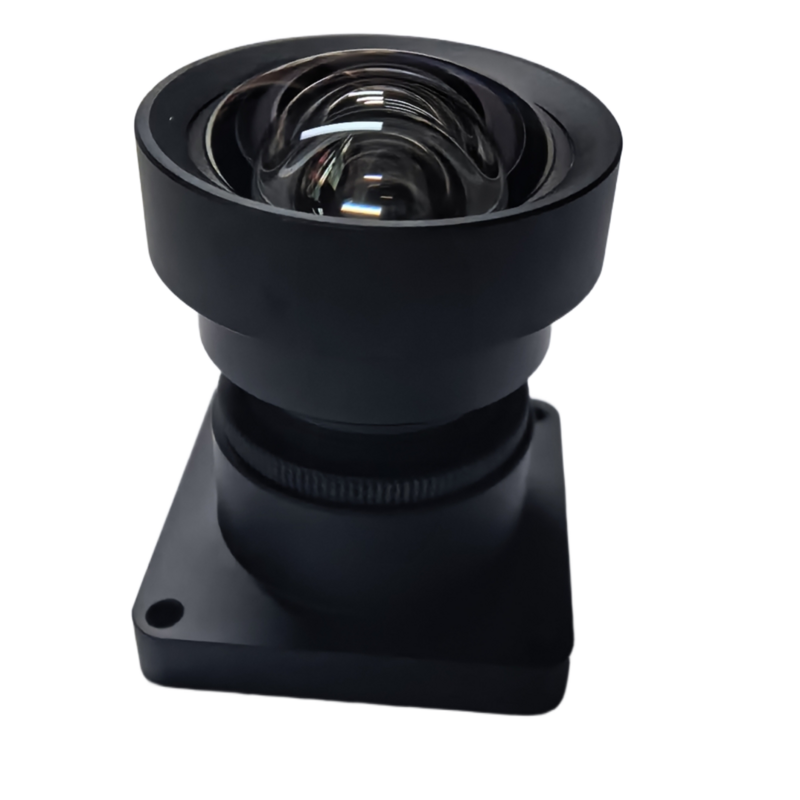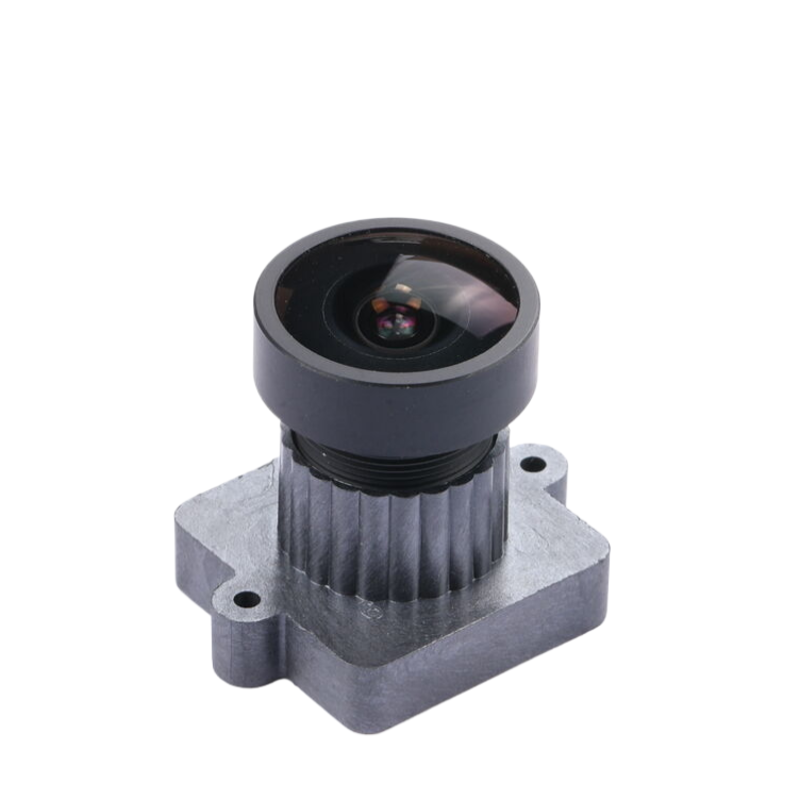Industrial News
Introduction
The use of medical imaging techniques, specifically medical lens in interventional surgery, has revolutionized the field of medicine. This article aims to comprehensively evaluate the actual effect of medical lens in interventional surgery. By examining its benefits, limitations, and advancements, we can better understand the role and significance of medical lens in improving patient outcomes.
The Advantages of Medical Lens in Interventional Surgery
Medical lens in interventional surgery offers numerous advantages over traditional surgical methods. Firstly, it provides real-time visualization of internal structures, enabling surgeons to accurately navigate through delicate and complex anatomical regions. Secondly, medical lens enhances precision and efficiency during surgeries by offering high-resolution images and improved magnification capabilities.
Furthermore, medical lens allows for minimally invasive procedures, reducing patient discomfort, scarring, and recovery time. Patients experience less pain, shorter hospital stays, and faster return to their daily activities. Medical lens also enables surgeons to perform procedures that were previously considered high-risk or impossible, expanding the scope of interventional surgery.
The Limitations and Challenges
Despite the numerous advantages, medical lens in interventional surgery comes with certain limitations and challenges. One significant limitation is the cost associated with purchasing and maintaining advanced imaging equipment. Additionally, the learning curve for surgeons to master the techniques requires significant training and experience. This necessitates continued professional development and ongoing education for physicians.
Another challenge is the potential for technical difficulties and equipment malfunction during surgeries. These issues may lead to delays and interruptions in the surgical procedure, posing risks to patient safety. It is essential to ensure regular maintenance and quality control practices to minimize such problems.
Advancements in Medical Lens Technology
Continuous advancements in medical lens technology have further enhanced its role in interventional surgery. One notable advancement is the development of augmented reality (AR) and virtual reality (VR) tools. These technologies provide surgeons with an immersive visual experience, creating a more realistic, detailed, and comprehensive view of the surgical site.
Additionally, innovations such as improved image resolution, real-time image processing, and integration with robotic systems have significantly improved surgical outcomes. These advancements offer greater precision, accuracy, and safety during procedures, enabling surgeons to achieve optimal results.
Conclusion
The evaluation of the actual effect of medical lens in interventional surgery demonstrates its significant contribution to the field of medicine. Medical lens has revolutionized surgical procedures by providing real-time visualization, precision, and minimal invasiveness. However, challenges such as cost, training, and technical difficulties need to be addressed to fully utilize its potential.
With continuous advancements in medical lens technology, the future holds promising possibilities for further improvements in patient care and outcomes. The integration of AR, VR, and other innovative tools will continue to enhance the practical impact of medical lens in interventional surgery.
 English
English  German
German Japanese
Japanese Korean
Korean Vietnamese
Vietnamese French
French Spanish
Spanish भारत
भारत



